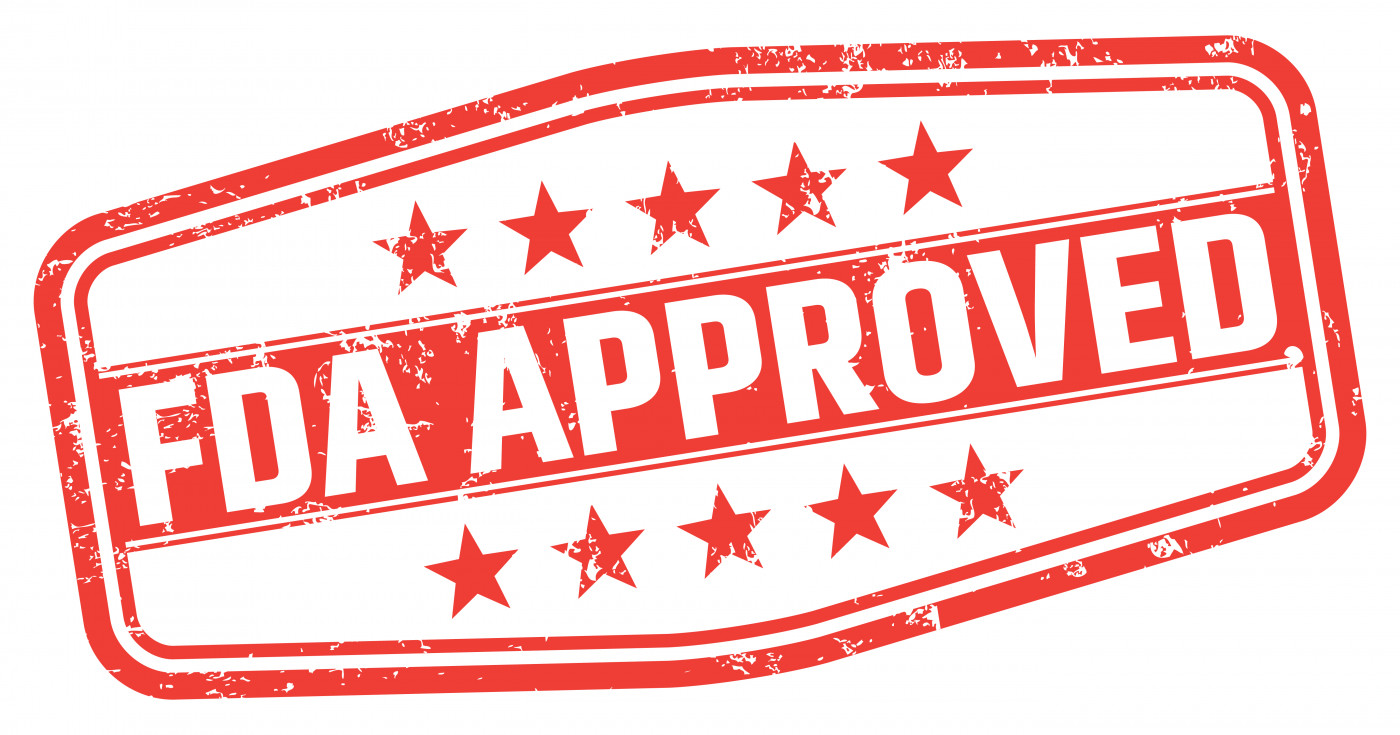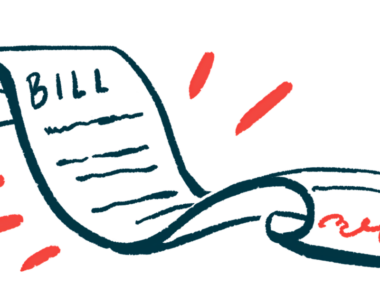FDA Approves Gocovri as Add-On Therapy for Off Episodes
Written by |

Gocovri (amantadine) has been approved by the U.S. Food and Drug Administration (FDA) as an add-on therapy for off episodes in people with Parkinson’s disease.
Adamas Pharmaceuticals, which developed the therapy, announced its approval in the U.S. for Parkinson’s patients currently taking levodopa and/or carbidopa.
Off episodes are periods during which levodopa-based treatments cease to be effective, causing Parkinson’s motor symptoms to return.
This is the second indication for which Gocovri is now approved in the U.S. Originally, it had been approved to treat dyskinesia, or involuntary jerky movements, in patients who were taking levodopa-based therapies, with or without other dopaminergic medications.
With this decision, which was announced on schedule with the date set by the FDA last year, Gocovri is now the only therapy to be approved in the U.S. to treat both off episodes and dyskinesia in patients with the neurodegenerative disorder.
“The approval of a second indication for Gocovri is a major milestone for patients with Parkinson’s who experience motor complications in their daily lives,” Neil F. McFarlane, CEO of Adamas, said in a press release.
“Gocovri is now the first and only medication approved to treat both OFF and dyskinesia motor complications in Parkinson’s disease,” McFarlane said.
Currently available as an extended-release capsule that is meant to be taken once daily at bedtime, Gocovri is thought to work by increasing the levels of dopamine, the brain chemical that is missing in patients with Parkinson’s.
The FDA’s decision to approve Gocovri for this second indication was supported by data from two Phase 3 trials — EASE LID (NCT02136914) and EASE LID 3 (NCT02274766). The findings demonstrated that the medication was safe and effective at reducing the number and duration of off periods, as well as dyskinesia episodes, in patients with Parkinson’s who had been taking levodopa for several years.
Additionally, data from the open-label, Phase 3 EASE LID 2 (NCT02202551) trial had confirmed that Gocovri, when given over a period of two years, was safe and effective at reducing dyskinesia and off episodes in the different groups of patients who participated in the study.
That trial had enrolled Parkinson’s patients who had previously participated in other EASE trials of Gocovri, as well as those who were excluded from those studies for having received deep brain stimulation (DBS) therapy. DBS involves implanting a device to stimulate targeted regions of the brain with electrical impulses.
“The extensive clinical trial evidence for Gocovri supports its unique ability to reduce off episodes and dyskinesia in people with Parkinson’s disease who are on levodopa/carbidopa therapy,” said Adrian Quartel, MD, chief medical officer of Adamas.
“Many PD [Parkinson’s disease] medications necessitate a trade-off between reducing off time and exacerbating levodopa-induced dyskinesia. Gocovri is the first medication approved to reduce both,” Quartel said.


